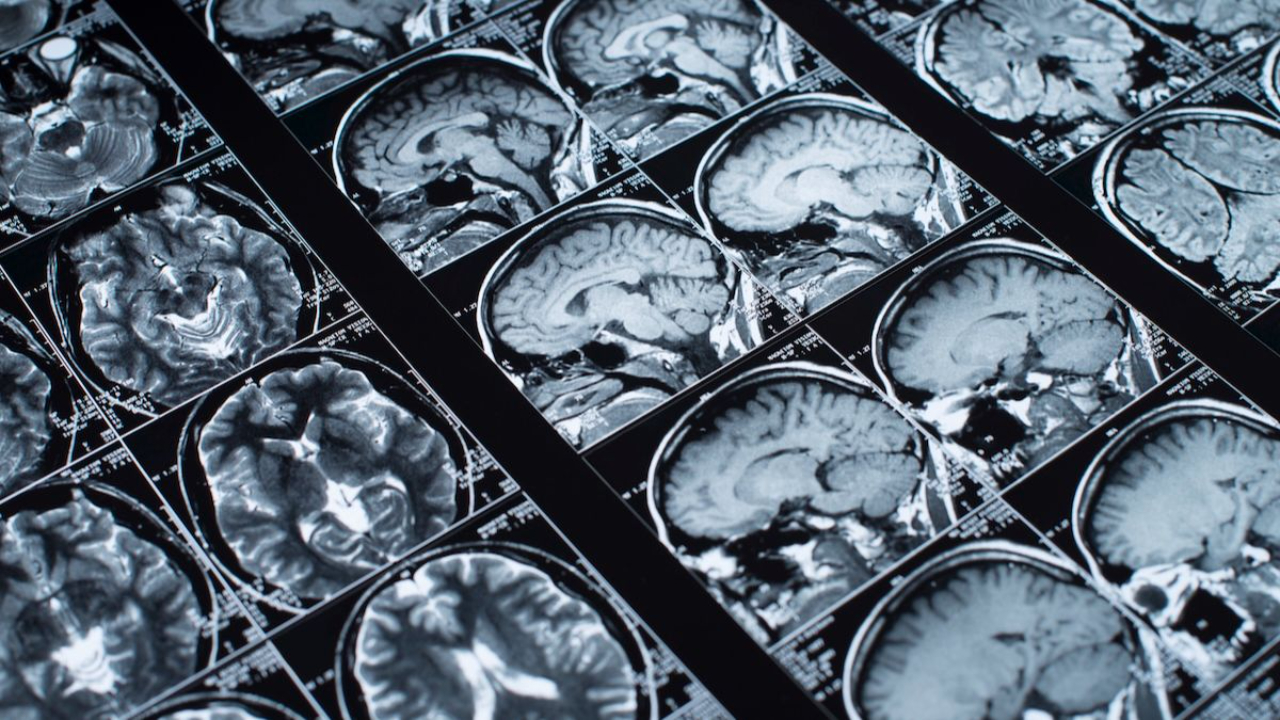How microdosing affects the brain: A deep dive into neuroplasticity and cognitive mechanisms
Mar 21, 2025
Microdosing psychedelics, particularly LSD and psilocybin, has been associated with enhanced creativity, focus, and emotional balance. But what happens in the brain when someone microdoses? Emerging research suggests that microdosing may promote neuroplasticity, improve neural communication, and enhance cognitive flexibility. This article explores the neurobiological mechanisms that underlie these effects.
One of the most significant ways microdosing appears to impact the brain is by promoting neuroplasticity – the brain’s ability to reorganize itself by forming new neural connections. Neuroplasticity is crucial for learning, memory formation, and emotional resilience.
- A 2021 study by Cameron et al. (Nature Medicine) found that psychedelics, even in microdoses, stimulate the growth of dendrites and synaptic connections in the prefrontal cortex, a brain region associated with higher cognitive functions such as decision-making and emotional regulation.
- Ly et al. (Cell Reports, 2018) demonstrated that psychedelic compounds activate the 5-HT2A receptor, triggering the release of brain-derived neurotrophic factor (BDNF), a protein that supports neuron growth and synaptic plasticity.
- Research from Imperial College London suggests that microdosing may encourage new neural pathways, potentially improving cognitive flexibility and adaptability.
Serotonin and cognitive enhancement
Psychedelics primarily affect the serotonin system, which plays a central role in mood, cognition, and perception. Microdosing may enhance serotonin signaling in a way that promotes sustained mental clarity and emotional balance.
- Carhart-Harris et al. (Neuropsychopharmacology, 2018) found that psilocybin enhances serotonin receptor activity, leading to increased connectivity in the brain’s default mode network (DMN), which is linked to introspection and creativity.
- A 2020 study by Hutten et al. (Therapeutic Advances in Psychopharmacology) observed that microdosing led to subtle but measurable improvements in attention and cognitive flexibility, potentially due to enhanced serotonergic signaling.
Reduced brain inflammation and stress response
Chronic stress and neuroinflammation are linked to mental fatigue, depression, and cognitive decline. Studies suggest that psychedelics, even at microdoses, may have anti-inflammatory and stress-reducing effects.
- A 2022 study by Olson et al. (Neuropsychopharmacology) indicated that psychedelics reduce markers of neuroinflammation and promote resilience to stress, which could explain the mood-enhancing effects reported by microdosers.
- Research on glutamate transmission suggests that microdosing may help regulate stress response by modulating the balance of excitatory and inhibitory neurotransmitters in the brain.
Enhancing creativity and cognitive flexibility
One of the most widely discussed benefits of microdosing is its ability to enhance creativity and problem-solving abilities. This effect is thought to arise from increased neural connectivity and flexibility.
- A 2018 study by Prochazkova et al. (Psychopharmacology) found that individuals who microdosed psilocybin performed better on tasks measuring divergent and convergent thinking—two key aspects of creativity.
- Rootman et al. (Frontiers in Psychiatry, 2021) reported that microdosing was associated with improved cognitive flexibility, which allows individuals to approach problems from multiple perspectives.
Conclusion: A brain in motion
Microdosing appears to influence the brain in several beneficial ways, from promoting neuroplasticity and serotonin signaling to reducing stress-related inflammation and enhancing cognitive flexibility. While more research is needed to fully understand the long-term effects, existing studies suggest that microdosing could be a valuable tool for mental resilience, creativity, and cognitive enhancement.
As scientific interest in microdosing continues to grow, future research will likely uncover more details about how this practice influences brain function and overall well-being.

